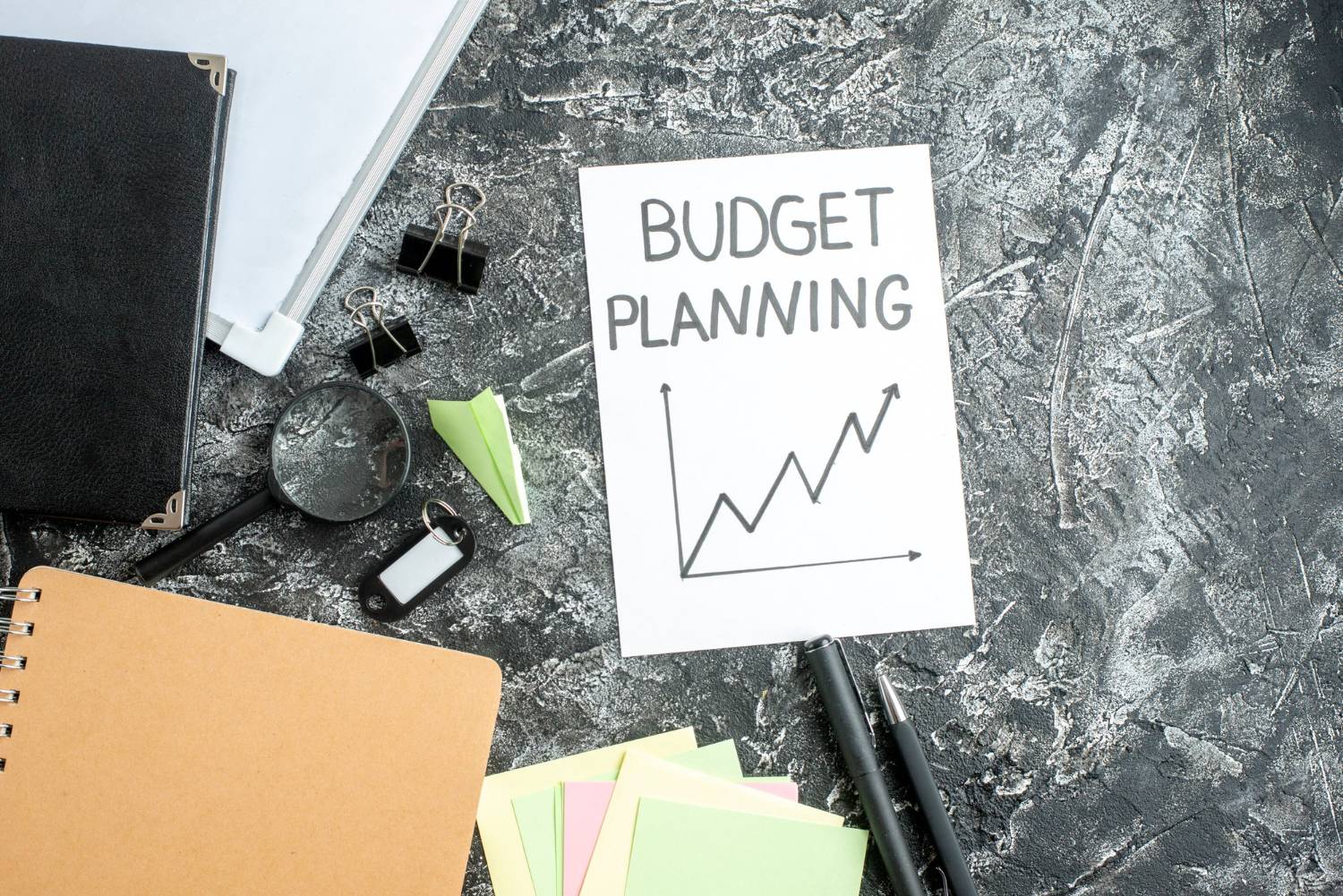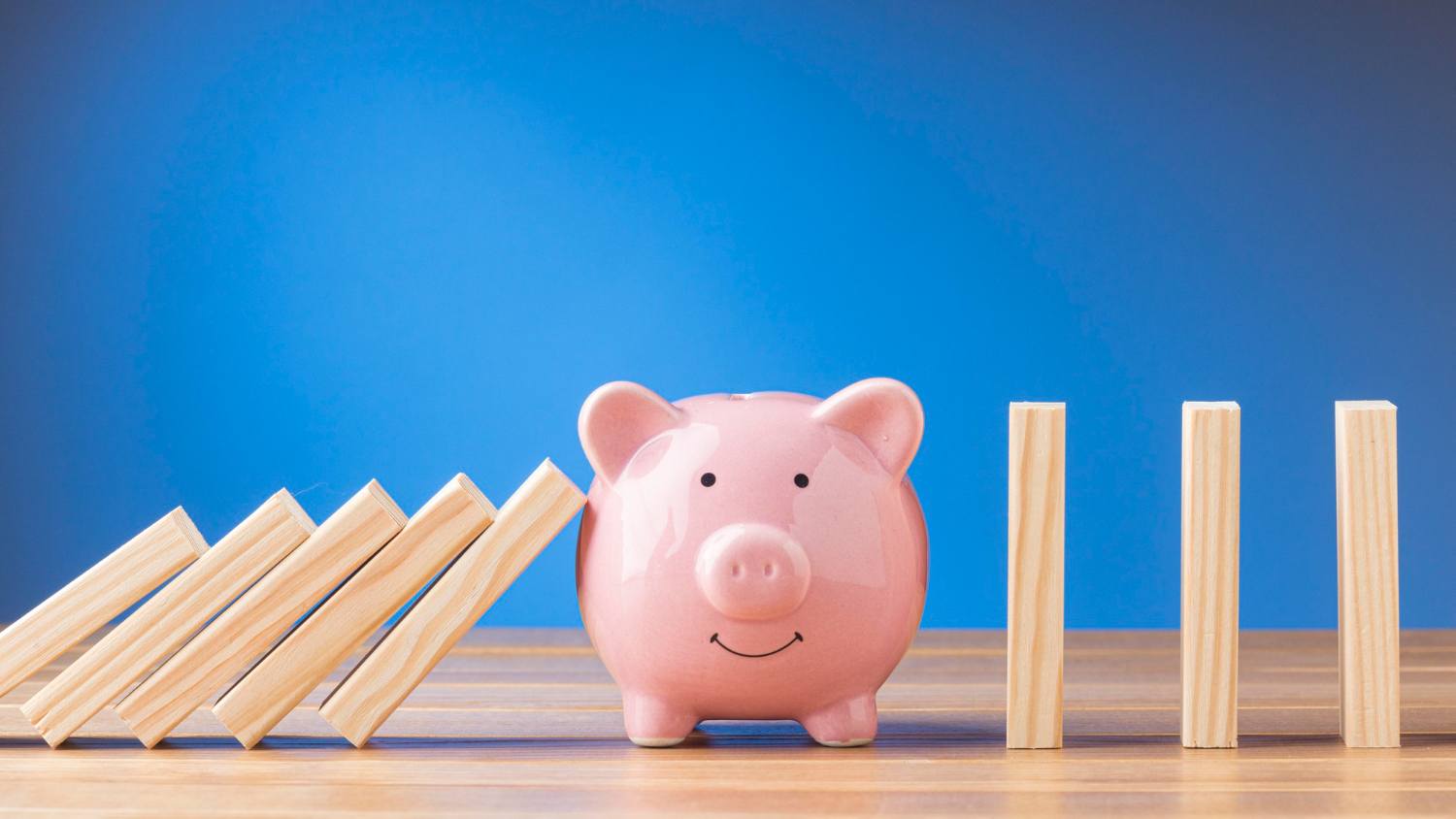How to save money on daily expenses

Modern life puts a lot of difficulties before us, and one of them is control over everyday expenses. Many people are looking for ways to save money in order to free additional funds for important purposes, improve living conditions or just for calm. In this article, we will talk about simple habits and strategies that allow rationally to spend funds without unnecessary stress and hassle.
Budget planning
The first step to success is careful expenses. Often the cause of excess costs is the absence of a clear plan or control. To avoid unnecessary expenses, try:
- Record income and expenses. Make your own expenses magazine. This will not only help to track financial income, but also identify repeating expenses that can be reduced.
- Break the budget into categories. Determine the costs of expenses: food, transport, housing, entertainment, etc. by dividing the budget, you will better understand what you can save on.
- Determine priorities. Make a list of necessary purchases and large articles of expenses so as not to succumb to impulsive solutions.
When planning, it is important to analyze your financial capabilities and evaluate prospects. Often a small recalculation of expenses makes it possible to allocate funds for the necessary and important needs.
Tracking daily expenses
Control over daily expenses allows you to timely adjust the plan. Regular tracking of expenses helps:
- In time, notice extra expenses. Periodic analysis will help to understand which purchases are superfluous.
- Correct the budget. If it is obvious that the plan does not work, the adjustment of the distribution of funds will optimize expenses.
- Assess the effectiveness of savings. Comparing the indicators of current expenses with the last period, you can easily notice a positive dynamics.
There are many ways to track expenses - from manual records to special applications. The main thing is to choose a convenient way that will become a habit.
Rational food and purchase of products
Daily meals on food can significantly affect the general budget. A simple way to save money - purchasing:
- Compilation of the menu for a week. Planning of the diet will help to avoid unnecessary purchases and reduce food costs.
- Purchases on the list. Be sure to make a list before visiting the store so as not to succumb to advertising and impulsive purchases.
- Using seasonal products. Seasonal vegetables and fruits are often available at more attractive prices and have the best quality.
You can also experiment with recipes and prepare dishes that will require the use of inexpensive, but delicious ingredients. Thus, you can combine savings with health care.
Effective use of communal resources
Reducing the costs of utilities is an important topic for each householder. The principles of economical use include:

- Rational electricity consumption. Turn off the light when it is not needed, and use energy -saving lamps.
- Saving water. Follow the serviceability of the taps and try to use water as necessary not to lose a drop.
- Heating control. Maintaining the optimal temperature in the premises allows you to reduce costs without prejudice to comfort.
Optimization of resource consumption is not only savings, but also concern for the environment. Small habits over time bring a significant result for the family budget.
Using discounts and shares
Modern outlets often offer various discounts and promotions. The art of saving is the ability to use these sentences correctly. For this you can:
- Compare prices. Before buying, we recommend that you conduct a small price analysis in different stores or online platforms.
- Follow the shares. Subscribe to shopping or install special applications to keep abreast of profitable offers.
- Buy in bulk. If possible, purchase goods in large volumes - this often significantly reduces their cost.
It is important to remember that sentences need to be analyzed - it does not always mean a discount on real savings if you spend more than planned. Always focus on your own needs.
Rethinking habits and lifestyle
Savings on everyday expenses begins with internal readiness to change the habit and attitude to purchases. The following tips will help adjust the lifestyle:
- Reducing unnecessary purchases. Ask yourself the question: "Do I really need it?" Before each purchase.
- Avoiding impulsive expenses. Give yourself time to think, especially in situations of spontaneous purchases to assess the need for goods.
- Prioritization of costs. Focus on what is really important. Make a list of priorities and adhere to it.
Also, do not forget that savings are not a sacrifice to the quality of life, but a way to rationally dispose of the means. Choosing conscious purchases, you not only save, but also get more joy from having the right things.
Final thoughts
The implementation of simple habits and savings strategies can significantly improve the situation with everyday expenses. A systematic approach to expenses allows not only to save funds, but also to create a strong basis to achieve other life goals. It is important to remember that success comes with time when small changes accumulate as a significant result.
Start with small steps - create a list of costs, track purchases and analyze your expenses. Gradually, you will find that control over expenses turns into a pleasant and useful habit that helps to feel confidence in the future and improves the overall quality of life.


